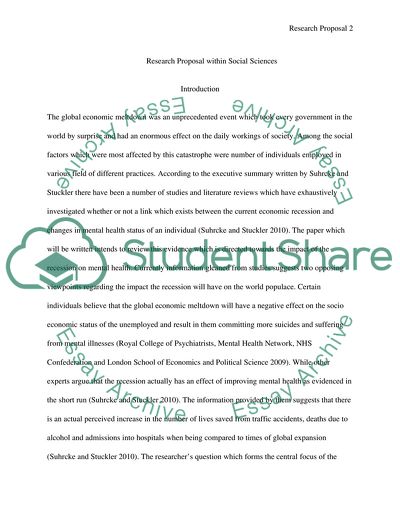Cite this document
(Economic Recession and Shifts in Mental Health Research Proposal, n.d.)
Economic Recession and Shifts in Mental Health Research Proposal. Retrieved from https://studentshare.org/social-science/1738881-research-proposal-within-social-sciences
Economic Recession and Shifts in Mental Health Research Proposal. Retrieved from https://studentshare.org/social-science/1738881-research-proposal-within-social-sciences
(Economic Recession and Shifts in Mental Health Research Proposal)
Economic Recession and Shifts in Mental Health Research Proposal. https://studentshare.org/social-science/1738881-research-proposal-within-social-sciences.
Economic Recession and Shifts in Mental Health Research Proposal. https://studentshare.org/social-science/1738881-research-proposal-within-social-sciences.
“Economic Recession and Shifts in Mental Health Research Proposal”, n.d. https://studentshare.org/social-science/1738881-research-proposal-within-social-sciences.


